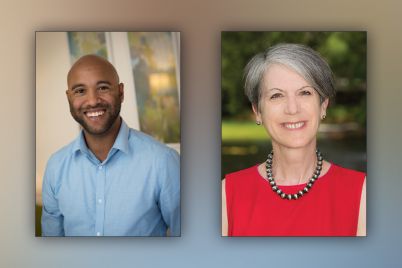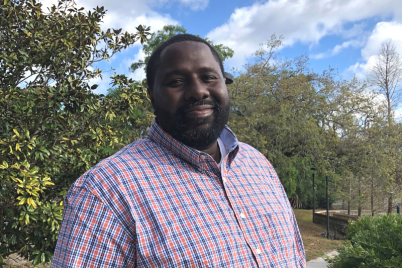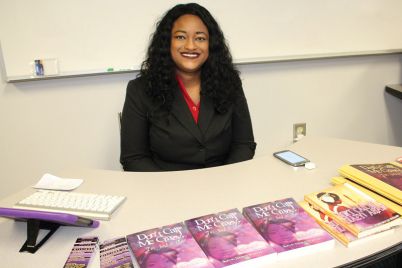It was in 1968 that James Brown dropped the hit record, “Say It Loud, I’m Black and I’m Proud.”
Some people say we got a lot of malice, some say it’s a lotta nerve
But I say we won’t quit movin’ until we get what we deserve
Say it loud, I’m Black and I’m proud
The 60s remind me of Black pride, artistic expression and embracing black culture.
In the mental health field, we often discuss the benefits of positive thinking, affirming positive statements about oneself and the benefits of engaging in these practices daily. Researchers have found that those who engage in the use of positive affirming statements develop a healthy sense of self-worth.
The theory of self-affirmation made popular in the 1980s by Claude Steele explains that individuals work to maintain their integrity and the image of themselves as inherently good. This theory further examines how people seek to maintain their integrity when they believe their perception of self is being threatened.
Therefore, while the 1960s brought us the “I’m Black and I’m proud,” affirmation, within the last decade, we’ve been offered yet another positive affirming statement: “Black Lives Matter.”
Many Black and Brown children struggle to reconcile being taught at home that they have value within a society, yet their life experience proclaims to them they are second-class citizens.
Affirming Black Lives Matter combats the thought that justice will never be served, after learning that a Black child was murdered on his way home –Trayvon Martin.
It combats the feelings of inadequacy that come with conquering Harvard, only to be reduced to a stereotype while bird watching – Christian Cooper.
It combats the thought that I am not enough, as we are constantly bombarded with European imagery of what is beautiful and trying to conform to be accepted and to appear as non-threatening as possible. It combats the pain felt from watching a Black man use his last breath to say, “I can’t breathe” and cry out for his mother – George Floyd.
Thus, as a mental health clinician, I know all too well how empowered those people taking to the streets to proclaim Black Lives Matter feel. I offer an alternative view to those who may not understand or for those who respond to the phrase “Black Lives Matter” with “All Lives Matter.”
Yes, all lives do matter. Clinically speaking, for those who have experienced the trauma associated with being Black in America, proclaiming “Black Lives Matter” is not to say all lives do not matter. Proclaiming Black Lives Matter is empowering and fostering resilience.
Proclaiming “Black Lives Matter” is an attempt to protect our collective sense of self. Because the perception of what it means to be Black in America is being threatened.
Dr. Brittany Peters has over 13 years of experience in community mental health as a clinician, advocate, consultant, and clinical director. As a licensed clinical social worker, certified in addictions, and a qualified supervisor, Dr. Brittany devotes much of her time to improving clinical services in the community through the training and development of counselors and other professionals.
She owns and operates a private practice, Center for Wellness & Clinical Development and teaches collegiate courses for two major universities.
Continuing her belief in civic engagement, she volunteers her time with the Urban League Young Professionals, The Well for Life, League of Women Voters, and the Tampa Bay Unit of the National Association of Social workers.








